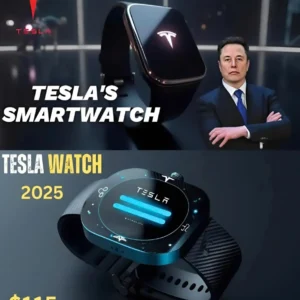
Elon Musk, known for his ventures in technology and space exploration, has made headlines for his ambitious vision for humanity’s future. He has hinted at the potential benefits of genetic enhancements in the context of human evolution, suggesting that technological advancements could lead to a new era of human capabilities. Critics argue that such views align with eugenic principles, particularly if they advocate for genetic modifications that favor certain traits over others. Musk’s comments about enhancing intelligence or physical abilities have prompted discussions about the potential for a new class of genetic elitism, raising ethical concerns about accessibility and equity.

On the other hand, Bill Gates has become synonymous with philanthropy, particularly in global health initiatives aimed at eradicating diseases and improving living conditions in impoverished regions. While Gates has been criticized for some of his approaches, particularly in relation to vaccine distribution and agricultural biotechnology, his work generally focuses on enhancing quality of life rather than manipulating genetic traits. However, his significant influence and wealth raise questions about the power dynamics inherent in decision-making processes that affect global populations.
The intersection of these two figures highlights a crucial point in the conversation about eugenics: the role of wealthy individuals in shaping societal norms and policies regarding genetics. As technology advances, the potential for genetic editing becomes more accessible, creating a landscape where ethical considerations must be balanced with scientific possibility. The influence of high-profile advocates can sway public opinion and policy direction, potentially leading to a resurgence of eugenics-like ideologies under the guise of progress.
Moreover, the public’s perception of these figures can be influenced by their personal lives, adding layers of complexity to their public personas. For example, Musk’s controversial family dynamics, including reports about his father’s relationships, have prompted discussions about the ethical implications of personal choices. These narratives often overshadow more significant contributions or criticisms, reflecting a societal tendency to conflate personal conduct with professional expertise.
As we navigate these discussions, it is essential to consider the broader implications of genetic advancements. The potential for genetic engineering to eliminate hereditary diseases and enhance human capabilities is undoubtedly appealing. However, we must tread carefully to avoid repeating the mistakes of the past. The ethical considerations surrounding who gets to make decisions about genetic modifications, and for whom, are critical to ensuring that advancements benefit all of humanity rather than a select few.
Public figures like Musk and Gates wield significant influence, but their perspectives should not dominate the conversation without scrutiny. Engaging diverse voices, particularly from communities that have historically been marginalized in these discussions, is vital. The risks of genetic discrimination and the ethical ramifications of playing god with human genetics necessitate a comprehensive dialogue that includes scientists, ethicists, and representatives from affected communities.






